
Find Help
More Items From Ergsy search
-

How is gonorrhoea diagnosed?
Relevance: 100%
-

What is Gonorrhoea?
Relevance: 74%
-

How is gonorrhoea transmitted?
Relevance: 71%
-

Can gonorrhoea be asymptomatic?
Relevance: 71%
-
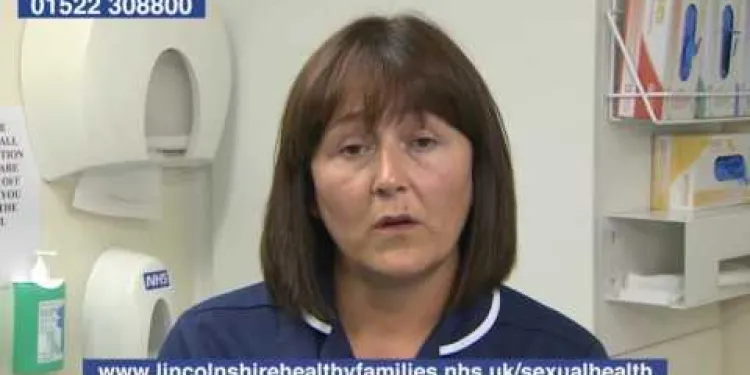
The symptoms of gonorrhoea
Relevance: 71%
-

Can gonorrhoea be prevented?
Relevance: 67%
-

Is there a vaccine for gonorrhoea?
Relevance: 67%
-

Pharyngeal swab for Gonorrhoea and Chlamydia
Relevance: 64%
-
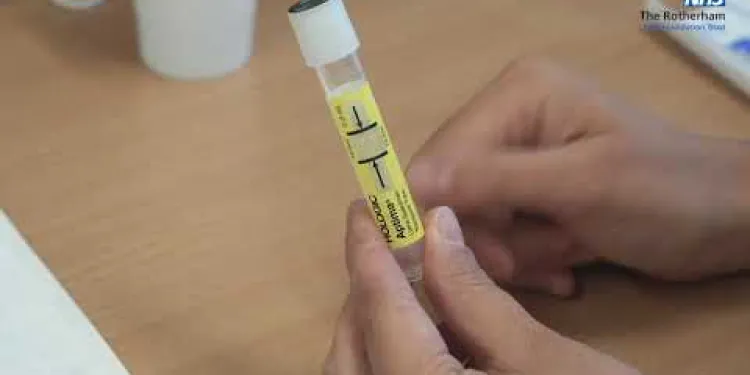
Urine test for Gonorrhoea and Chlamydia
Relevance: 63%
-

Understanding Your Sexual Health - Gonorrhoea
Relevance: 63%
-

Can gonorrhoea infect areas other than the genital organs?
Relevance: 62%
-

Are there any long-term effects of gonorrhoea?
Relevance: 61%
-

Why is antibiotic resistance a concern with gonorrhoea?
Relevance: 60%
-

Urine test for Gonorrhoea and Chlamydia
Relevance: 59%
-

What antibiotics are used to treat gonorrhoea?
Relevance: 59%
-

What should one do if they suspect they have gonorrhoea?
Relevance: 58%
-

Vaginal Swab test for Gonorrhoea and Chlamydia
Relevance: 56%
-
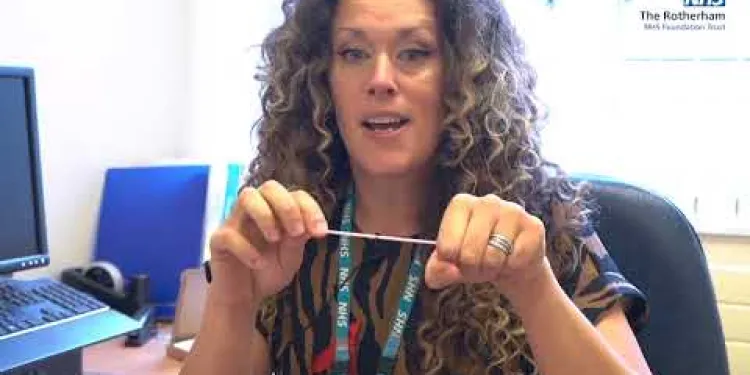
Rectal swab test for Gonorrhoea and Chlamydia
Relevance: 56%
-

Can you still get gonorrhoea after treatment?
Relevance: 55%
-

How often should one get tested for gonorrhoea?
Relevance: 55%
-

Is gonorrhoea treatable?
Relevance: 52%
-
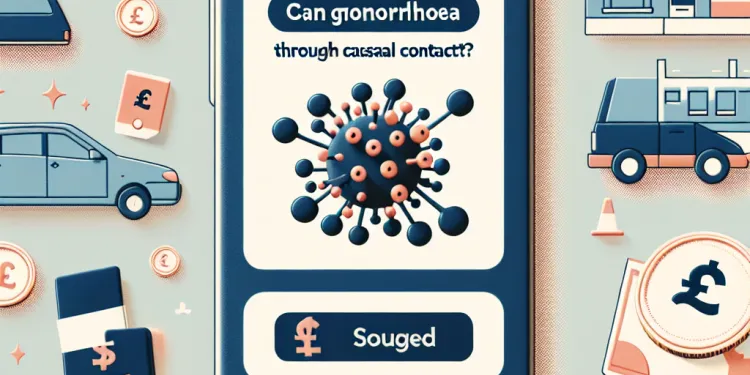
Can gonorrhoea be spread through casual contact?
Relevance: 43%
-
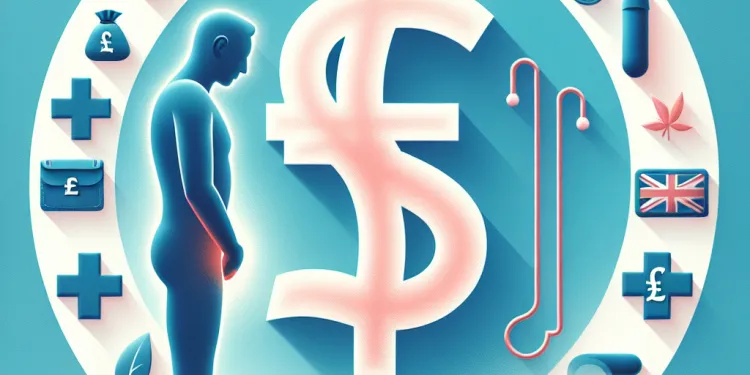
Can gonorrhoea cause complications if left untreated?
Relevance: 39%
-

How is SAD diagnosed?
Relevance: 36%
-

How is psoriasis diagnosed?
Relevance: 36%
-

How is autism diagnosed?
Relevance: 36%
-

How is shingles diagnosed?
Relevance: 36%
-
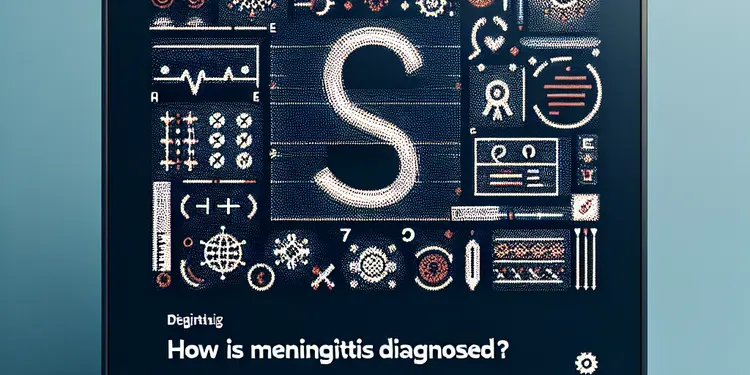
How is meningitis diagnosed?
Relevance: 36%
-
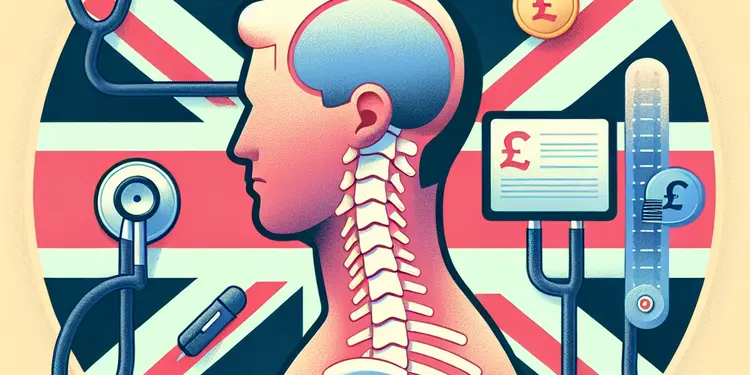
How is whiplash diagnosed?
Relevance: 36%
-
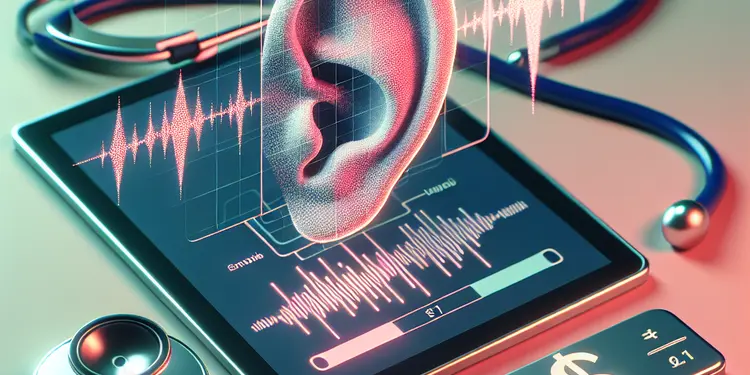
How is tinnitus diagnosed?
Relevance: 36%
-

How is hypotony diagnosed?
Relevance: 36%
-

How is ADHD diagnosed?
Relevance: 36%
-

How is asthma diagnosed?
Relevance: 36%
-
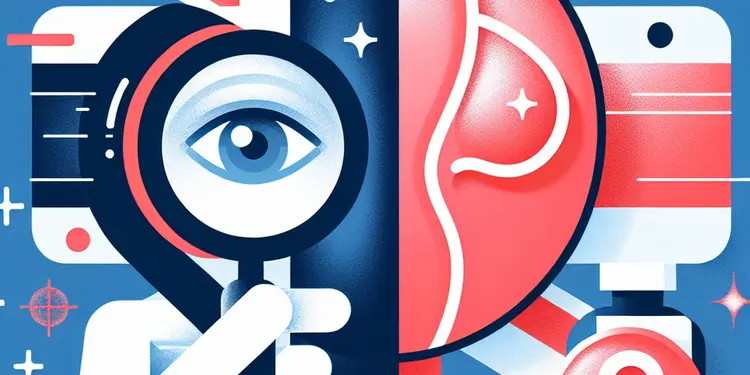
How is scabies diagnosed?
Relevance: 35%
-

How is thrombosis diagnosed?
Relevance: 35%
-

How is dementia diagnosed?
Relevance: 35%
-
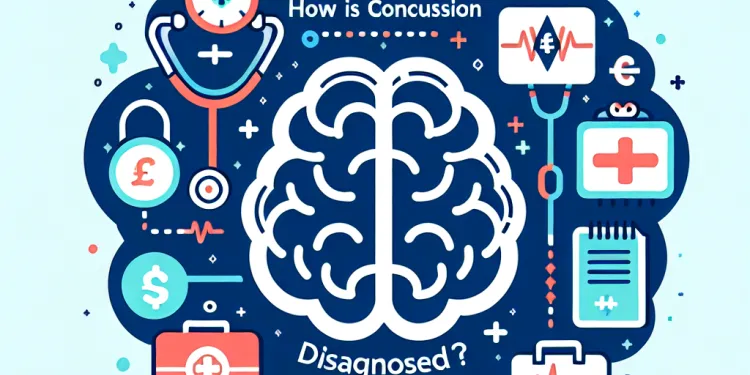
How is a concussion diagnosed?
Relevance: 35%
-
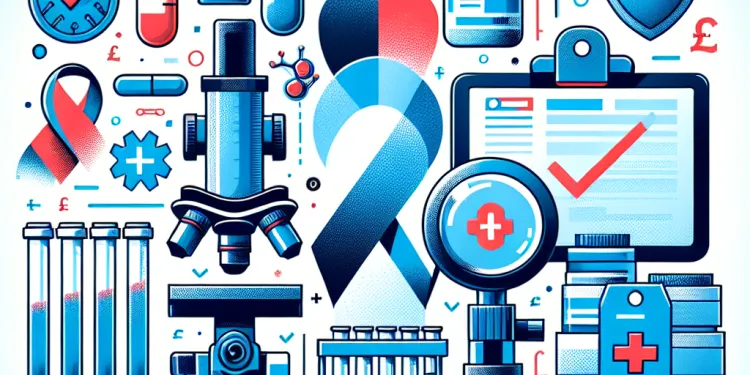
How is HIV diagnosed?
Relevance: 35%
-

How is a concussion diagnosed?
Relevance: 35%
-

How is Alzheimer's disease diagnosed?
Relevance: 35%
Introduction to Gonorrhoea Diagnosis
Gonorrhoea is a sexually transmitted infection (STI) caused by the bacterium Neisseria gonorrhoeae. It is important to diagnose gonorrhoea accurately and promptly to prevent complications and to stop the spread of the infection. In the UK, there are several methods utilized by healthcare professionals to diagnose this condition.
Initial Medical Consultation
Diagnosis typically begins with a visit to a healthcare professional, such as a General Practitioner (GP) or a sexual health clinic. During the consultation, the healthcare provider will ask questions about symptoms, sexual history, and any recent partners to assess the risk of gonorrhoea and other STIs. It is important to be open and honest during this discussion to ensure accurate diagnosis and treatment.
Physical Examination
If symptoms suggestive of gonorrhoea are present, such as unusual discharge or pain during urination, a physical examination may be conducted. This includes a genital examination, and possibly an examination of the throat or rectum if these areas are potentially affected. This physical check helps to identify signs of infection and the areas that may need to be tested.
Laboratory Tests
The most definitive way to diagnose gonorrhoea is through laboratory testing. These tests can accurately detect the presence of Neisseria gonorrhoeae in the body. The primary tests used in the UK include nucleic acid amplification tests (NAATs) and culture tests.
Sample Collection
For men, a urine sample is often sufficient for testing. Women typically require a vaginal swab. Swabs may also be taken from the throat or rectum if these areas are potentially infected. These samples are then sent to a laboratory for analysis.
Nucleic Acid Amplification Tests (NAATs)
NAATs are highly sensitive and specific tests that detect the genetic material of Neisseria gonorrhoeae. These tests are considered very reliable and can be performed with urine samples or swabs from affected areas. Results from NAATs are usually available within a few days.
Culture Tests
Culture tests involve growing the bacteria from the sample on a special medium. This allows for identification and also helps determine antibiotic resistance. While slightly less commonly used than NAATs due to longer result times, culture tests are crucial in identifying antibiotic-resistant strains.
Conclusion
In the UK, gonorrhoea is typically diagnosed through a combination of medical consultation, physical examination, and laboratory testing. Swift and accurate diagnosis is essential to ensure effective treatment and to limit the spread of this STI. If you, or someone you know, may be at risk, it is important to seek medical advice promptly.
What is Gonorrhoea and How is it Found?
Gonorrhoea is a sickness you can get from having sex. A tiny germ called Neisseria gonorrhoeae causes it. It is important to find out if someone has gonorrhoea quickly. This helps stop it from getting worse and stops it from spreading to other people. In the UK, doctors use different ways to find out if someone has gonorrhoea.
Going to the Doctor
Finding out if you have gonorrhoea usually starts with a visit to the doctor. This can be your regular doctor or a doctor at a sexual health clinic. The doctor will ask questions about how you feel, your recent sexual partners, and if you have any symptoms. It is very important to tell the truth so the doctor can help you.
Checking Your Body
If you have signs like unusual discharge or it hurts when you pee, the doctor might check your body. They might look at your private parts, throat, or bottom if needed. This helps the doctor know where to test for the infection.
Testing in the Lab
The best way to know if you have gonorrhoea is to do lab tests. These tests can show if the germ is in your body. In the UK, doctors use two main tests to find gonorrhoea germs. They are NAATs and culture tests.
Taking Samples
For boys, a pee sample is used for testing. For girls, a sample is taken with a swab from the vagina. If needed, swabs from the throat or bottom may also be taken. These samples go to the lab to be checked.
NAATs: A Type of Test
NAATs look for the gonorrhoea germ’s tiny bits of genetic material. These tests are very good at finding the germ. They can use pee or swabs from where the infection might be. You usually get results in a few days.
Culture Tests: Another Type of Test
Culture tests grow the germs from your sample in the lab. This test helps doctors know if the germ is strong against medicine. Culture tests take longer but are important to see if the germ will be hard to treat.
What We Learned
In the UK, doctors use questions, body checks, and lab tests to find out if someone has gonorrhoea. It is important to find out quickly to treat it and stop it from spreading. If you think you might be at risk, talk to a doctor soon.
Frequently Asked Questions
What is the primary method for diagnosing gonorrhea?
The primary method for diagnosing gonorrhea is via a nucleic acid amplification test (NAAT), which detects the genetic material of the bacteria.
Can a urine test be used to diagnose gonorrhea?
Yes, a urine test can be used to diagnose gonorrhea, particularly for urethral infections.
Is a swab test necessary for diagnosing gonorrhea in women?
Yes, a swab test of the cervix is often used to diagnose gonorrhea in women.
How is gonorrhea diagnosed in men?
Gonorrhea in men is commonly diagnosed using a urine test or a swab of the urethra.
Are there specific tests for oral or rectal gonorrhea?
Yes, swab tests of the throat or rectum can be performed to diagnose oral or rectal gonorrhea.
Can blood tests diagnose gonorrhea?
No, blood tests are not typically used to diagnose gonorrhea. Swab or urine tests are preferred.
How quickly can gonorrhea be detected after exposure?
Gonorrhea can typically be detected within a few days to a week after exposure.
Do home test kits for gonorrhea exist?
Yes, home test kits for gonorrhea are available, but it's important to confirm results with a healthcare provider.
Is it necessary to use more than one type of test to diagnose gonorrhea?
Multiple tests may be used depending on the site of infection and the test available, as different tests may be needed for different sites.
Can gonorrhea be asymptomatic?
Yes, many people with gonorrhea do not show symptoms, so testing is important if exposure is suspected.
Should sexual partners be tested if one partner is diagnosed with gonorrhea?
Yes, sexual partners should be tested for gonorrhea if one partner is diagnosed to prevent re-infection and further spread of the disease.
How are samples collected for a gonorrhea test?
Samples for a gonorrhea test can be collected via a urine sample or by swabbing affected areas such as the throat, cervix, urethra, or rectum.
How long do results from a gonorrhea test take?
Results from a gonorrhea test typically take a few days to a week, but this can vary by testing facility.
What should be done if a gonorrhea test is positive?
If a gonorrhea test is positive, it is important to seek treatment from a healthcare provider promptly and inform recent sexual partners.
Can gonorrhea testing be done anonymously?
Some clinics and services may offer anonymous testing for gonorrhea. It's best to check with local health clinics.
Is regular screening for gonorrhea recommended for certain groups?
Yes, regular screening is recommended for sexually active individuals, especially those at high risk, such as men who have sex with men and individuals with new or multiple partners.
Can pregnant women be tested for gonorrhea?
Yes, it's important for pregnant women to be tested for gonorrhea to prevent complications during pregnancy and transmission to the baby.
Does a pap smear detect gonorrhea?
A pap smear does not detect gonorrhea; specific testing for gonorrhea is required.
What symptoms might prompt testing for gonorrhea?
Symptoms such as unusual discharge, pain during urination, or pelvic pain may prompt testing for gonorrhea.
Are follow-up tests necessary after treatment for gonorrhea?
Yes, follow-up tests may be necessary to ensure the infection has been cleared, especially if symptoms persist or re-infection occurs.
How do doctors find out if someone has gonorrhea?
Doctors use a special test to see if a person has gonorrhea. They take a sample from the body, like from pee or a swab from private parts, and check it in a lab.
If reading is hard, you can use:
- Pictures to help understand.
- Ask someone to read it with you.
- Apps that read out loud.
The main way to find out if someone has gonorrhea is through a test called NAAT. This test looks for the bacteria's genes to see if they are there.
Can doctors use a urine test to see if you have gonorrhea?
Yes, doctors can use a pee test to check for gonorrhea.
If you find it hard to read, you can ask someone to help you.
Yes, doctors can use a pee test to find out if someone has gonorrhea, especially if it affects the tube where pee comes out.
Do women need a swab test to find out if they have gonorrhea?
Doctors can use a special cotton stick, called a swab, to check for gonorrhea in women. They gently use it on the cervix, which is inside the body, to take a sample.
How do doctors find out if a man has gonorrhea?
Doctors use special tests to check if a man has gonorrhea. Here is how they do it:
- The doctor will ask questions about your health and symptoms.
- The doctor might take a sample of urine (pee) to send to a lab.
- The doctor might use a swab to get a sample from the urethra (the tube in your penis). They will send it to a lab.
- The lab will look at the samples to see if the gonorrhea germs are there.
It is important to visit a doctor if you feel sick.
Tools to help:
- Ask someone you trust to go with you to the doctor.
- Use pictures or drawings to understand better.
- Write down what the doctor says or ask them to write it for you.
Doctors can find gonorrhea in men by testing pee or using a small swab inside the tip of the penis.
Can doctors check for gonorrhea in the mouth or bottom?
Yes, doctors can check for gonorrhea in the mouth or bottom. They use special tests.
If you think you have gonorrhea, tell the doctor. They will know which tests to use.
Remember, it is important to talk to a doctor if you feel sick.
You can use simple tools to help with reading:
- Ask someone you trust to explain the words.
- Use a computer or phone to read the words out loud.
- Look at pictures that help you understand the words.
Yes, doctors can use special cotton swabs to test your throat or bottom to see if there is gonorrhea there.
Can a blood test show if you have gonorrhea?
Doctors can use a blood test to check for gonorrhea. But there are other tests too.
If you think you might have gonorrhea, talk to your doctor. They can help you take the right test.
Using pictures can help you understand more. Ask someone to explain if you need help.
No, doctors do not usually use blood tests to find out if someone has gonorrhea. They use other tests, like swab or pee tests, instead.
How long until doctors can find gonorrhea after you catch it?
Doctors can usually find gonorrhea a few days to one week after a person gets it.
Can you get a test kit for gonorrhea at home?
Yes, you can get test kits for gonorrhea that you can use at home. But it's important to check the results with a doctor or nurse.
Do we need to use more than one test to find out if someone has gonorrhea?
Doctors can use different tests to find out if someone is sick. The tests depend on where the infection is in the body. Some tests work best for certain parts of the body.
Can you have gonorrhea without knowing?
Many people with gonorrhea do not feel sick or have signs showing they have it. This is why it is important to get tested if you think you might have it.
What should happen if one partner has gonorrhea?
Gonorrhea is a sickness you can catch from sex. If one person has it, the other person might have it too.
Both people should see a doctor to get tested. The doctor can give medicine to help.
Talking to a doctor is important, so everyone stays healthy.
Support like talking with someone you trust can help.
If a partner has gonorrhea, both partners should get tested. This helps stop the disease from coming back or spreading to others.
How do doctors collect samples for a gonorrhea test?
Doctors collect samples to check for gonorrhea. They might use a swab to get a sample from the body.
If you have symptoms, they might swab the area that hurts.
Sometimes, you might need to give a urine (pee) sample.
If you need help, ask an adult to explain or help understand. You can use tools like picture books or videos to learn more.
You can do a test for gonorrhea in two ways. You can pee in a cup, or a doctor can use a cotton swab to take samples from the throat, private parts, or bum.
How long do gonorrhea test results take?
Gonorrhea is a type of infection. You might get a test if you feel sick.
After the test, you might want to know how long it takes to get the results back. Usually, it takes a few days.
If you feel worried, talk to the doctor or nurse who did the test. They can help you understand and feel better.
You can also use tools like a calendar to remember when to check for your results.
When you take a test for gonorrhea, it usually takes a few days to a week to get the results. Sometimes it can take more or less time, depending on where you get tested.
Here are some tips to help you understand your test results:
- Ask a friend or family member to help you read the results.
- Talk to your doctor if you have questions.
- Please be patient; waiting can be hard, but it is important.
What should you do if your gonorrhea test is positive?
If your test shows you have gonorrhea, don't worry. Here's what you need to do:
1. See a Doctor: Visit a doctor or a nurse to get help. They will explain what to do next.
2. Take Medicine: The doctor will give you medicine to make you better. Make sure to take all the medicine, even if you feel good.
3. Tell Your Partners: It is important to tell anyone you have been close to about your test result, so they can get checked too.
4. Avoid Close Contact: Until you finish your medicine, try not to be close to anyone in a way that can spread germs.
5. Support Tools: Use a calendar to remind you to take your medicine and see the doctor. Ask someone you trust for help if you need it.
If the test shows you have gonorrhea, go to a doctor or nurse to get help right away. It’s also important to tell people you’ve had sex with recently.
Can I get a gonorrhea test without anyone knowing who I am?
Some health places can check for gonorrhea without using your name. Ask your nearby health clinics if they do this.
Should some people get checked often for gonorrhea?
Some people should see a doctor to check for gonorrhea regularly. This can help keep them healthy.
Here are some tools and ways to help you:
- Ask a doctor or nurse for advice.
- Use picture cards to understand health information better.
- Ask someone you trust to explain things to you.
Yes, it is a good idea for people who are having sex to get checked regularly. This is very important for people who have a higher chance of getting sick. This includes men who have sex with men and people who have new or many partners.
Can pregnant women get tested for gonorrhea?
Yes, pregnant women can have a test to see if they have gonorrhea. Gonorrhea is an illness that needs medicine to get better. It is important for pregnant women to get tested to keep both mom and baby healthy.
If you are pregnant, talk to your doctor about testing. A doctor can help you with the test and explain what to do. You can also ask for help if you don't understand.
Support tools, like using picture aids or having someone explain things step-by-step, can make it easier to understand the information. Don't be afraid to ask for help if you need it.
Yes, it is important for pregnant women to get tested for gonorrhea. This can help stop problems during pregnancy and stop the baby from getting it.
Can a Pap smear find gonorrhea?
A Pap smear is a test to check for changes in the cells of the cervix. It helps find problems before they become serious.
But, a Pap smear cannot find gonorrhea. Gonorrhea is an infection you need a different test for.
If you think you might have gonorrhea, talk to your doctor. They can do the right test to check for it.
Support tools:
- Use pictures to help understand. You can ask someone to explain with drawings.
- Ask a trusted adult to read with you.
- Take your time and read slowly.
A pap smear cannot find gonorrhea. You need a special test to check for gonorrhea.
When should you get tested for gonorrhea?
If you have signs like strange fluid coming out, it hurts when you pee, or your belly hurts, you might need a test for gonorrhea.
Do I need more tests after treatment for gonorrhea?
If you get medicine for gonorrhea, you might need another test. This checks if the medicine worked.
Ask your doctor if you need another test.
Using tools like picture cards or apps can help you understand your health better.
Yes, you might need more tests to make sure the infection is gone. This is important if you still feel sick or if the infection comes back.
Useful Links
Have you found an error, or do you have a link or some information you would like to share? Please let us know using the form below.
-->
This website offers general information and is not a substitute for professional advice.
Always seek guidance from qualified professionals.
If you have any medical concerns or need urgent help, contact a healthcare professional or emergency services immediately.
Some of this content was generated with AI assistance. We’ve done our best to keep it accurate, helpful, and human-friendly.
- Ergsy carfully checks the information in the videos we provide here.
- Videos shown by Youtube after a video has completed, have NOT been reviewed by ERGSY.
- To view, click the arrow in centre of video.
- Most of the videos you find here will have subtitles and/or closed captions available.
- You may need to turn these on, and choose your preferred language.
- Go to the video you'd like to watch.
- If closed captions (CC) are available, settings will be visible on the bottom right of the video player.
- To turn on Captions, click settings .
- To turn off Captions, click settings again.
More Items From Ergsy search
-

How is gonorrhoea diagnosed?
Relevance: 100%
-

What is Gonorrhoea?
Relevance: 74%
-

How is gonorrhoea transmitted?
Relevance: 71%
-

Can gonorrhoea be asymptomatic?
Relevance: 71%
-

The symptoms of gonorrhoea
Relevance: 71%
-

Can gonorrhoea be prevented?
Relevance: 67%
-

Is there a vaccine for gonorrhoea?
Relevance: 67%
-

Pharyngeal swab for Gonorrhoea and Chlamydia
Relevance: 64%
-

Urine test for Gonorrhoea and Chlamydia
Relevance: 63%
-

Understanding Your Sexual Health - Gonorrhoea
Relevance: 63%
-

Can gonorrhoea infect areas other than the genital organs?
Relevance: 62%
-

Are there any long-term effects of gonorrhoea?
Relevance: 61%
-

Why is antibiotic resistance a concern with gonorrhoea?
Relevance: 60%
-

Urine test for Gonorrhoea and Chlamydia
Relevance: 59%
-

What antibiotics are used to treat gonorrhoea?
Relevance: 59%
-

What should one do if they suspect they have gonorrhoea?
Relevance: 58%
-

Vaginal Swab test for Gonorrhoea and Chlamydia
Relevance: 56%
-

Rectal swab test for Gonorrhoea and Chlamydia
Relevance: 56%
-

Can you still get gonorrhoea after treatment?
Relevance: 55%
-

How often should one get tested for gonorrhoea?
Relevance: 55%
-

Is gonorrhoea treatable?
Relevance: 52%
-

Can gonorrhoea be spread through casual contact?
Relevance: 43%
-

Can gonorrhoea cause complications if left untreated?
Relevance: 39%
-

How is SAD diagnosed?
Relevance: 36%
-

How is psoriasis diagnosed?
Relevance: 36%
-

How is autism diagnosed?
Relevance: 36%
-

How is shingles diagnosed?
Relevance: 36%
-

How is meningitis diagnosed?
Relevance: 36%
-

How is whiplash diagnosed?
Relevance: 36%
-

How is tinnitus diagnosed?
Relevance: 36%
-

How is hypotony diagnosed?
Relevance: 36%
-

How is ADHD diagnosed?
Relevance: 36%
-

How is asthma diagnosed?
Relevance: 36%
-

How is scabies diagnosed?
Relevance: 35%
-

How is thrombosis diagnosed?
Relevance: 35%
-

How is dementia diagnosed?
Relevance: 35%
-

How is a concussion diagnosed?
Relevance: 35%
-

How is HIV diagnosed?
Relevance: 35%
-

How is a concussion diagnosed?
Relevance: 35%
-

How is Alzheimer's disease diagnosed?
Relevance: 35%


